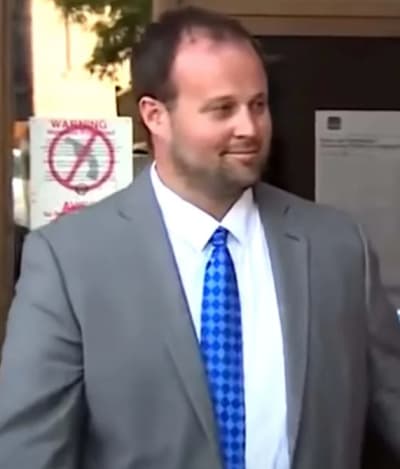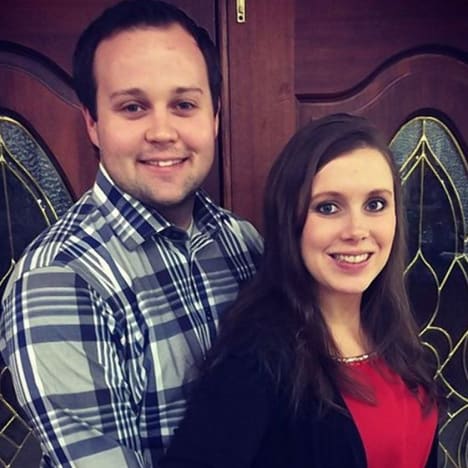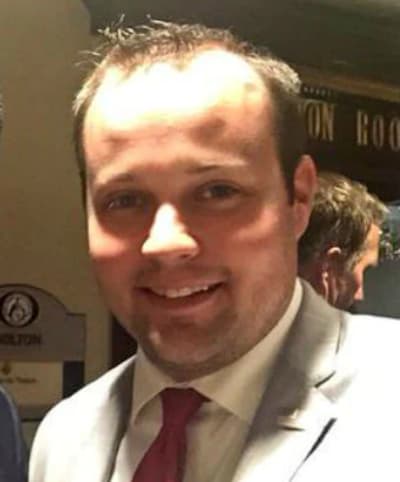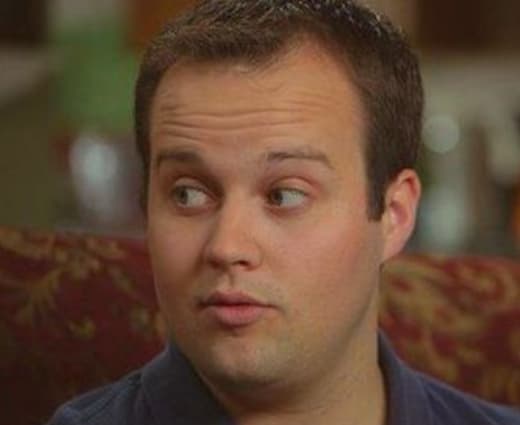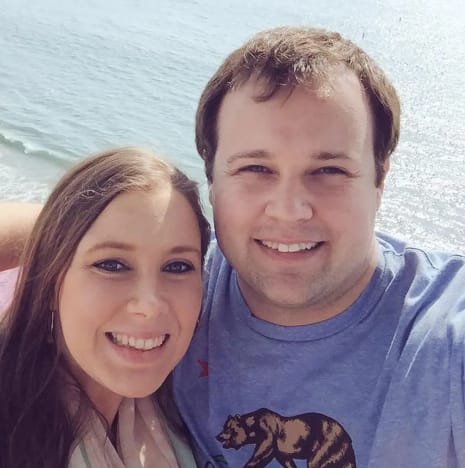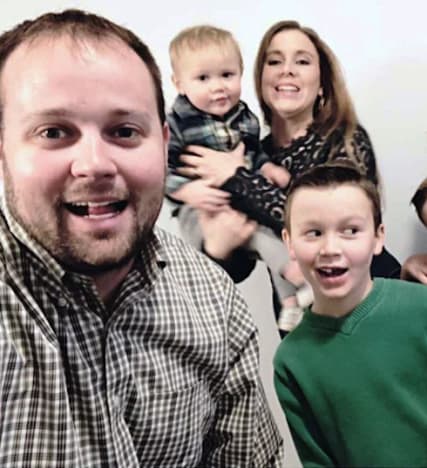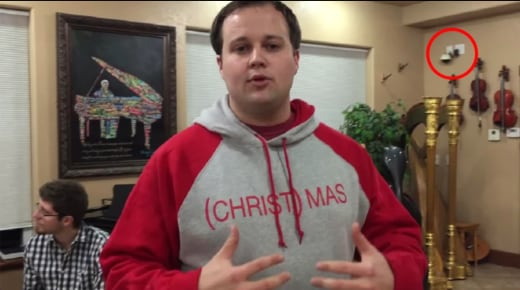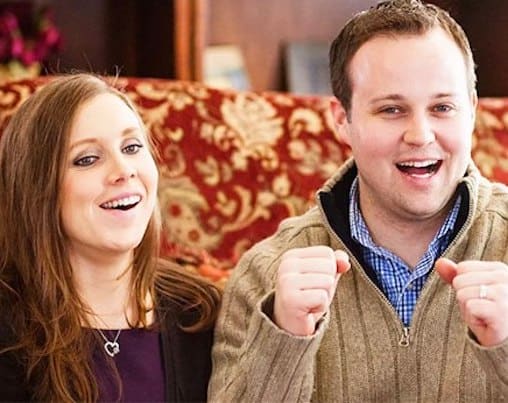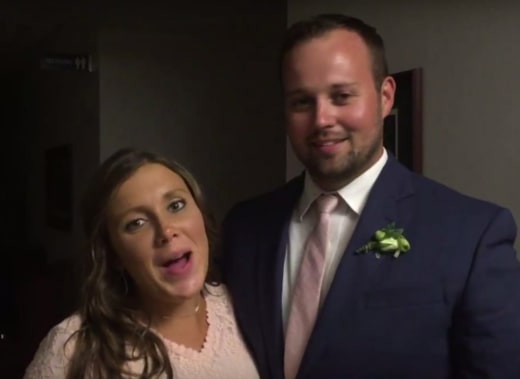Josh Duggar's trial has involved descriptions of the sick and twisted evidence in the case.
But the case doesn't hinge upon what was accessed so much as it does upon proving that Josh accessed it.
The prosecution has presented a lot of detailed forensic evidence regarding their physical and electronic search.
Josh's high-priced defense team is working around the clock to cast doubt on every shred of it. Will it work on the jury?
In court on Friday, Justin Gelfand left no stone unturned while attempting to dismantle the testimony of James Fottrell.
Fottrell is one of the leading computer forensic analysts for the Department of Justice.
Gelfand is a former federal prosecutor, and was relentless in reiterating and dissecting every piece of evidence in the case.
A major highlight of Gelfand's defense strategy on Friday was to focus on what Fottrell might have done while investigating Josh, but did not.
Experts often draw extremely informed conclusions while technically not being able to rule out alternatives.
Time and time again, Gelfand admonished Fottrell "I don't want you to guess" in court.
An obsessive fixation upon detail is pretty key to any side of a court case ... but it's also a way to overwhelm jurors with information and potential doubts.
Fottrell did not yield during four hours of testimony on Friday, standing by the evidence and the case.
It is expected that Gelfand will bring out the defense's own forensic analyst to further muddy the waters.
Among things that Gelfand brought up was a USB drive that was plugged into Josh's computer on the day when the Linux partition was created.
Why? Because the drive contained two word documents and a slideshow presentation. Fottrell didn't see it as relevant.
Fottrell also had to clarify that Covenant Eyes, the spyware program used by Anna to monitor Josh's activity, cannot simply be turned off by clicking the icon.
The router in the office was neither seized nor examined, and Fottrell had to clarify that it's not a likely treasure trove of exculpatory evidence.
When Gelfand pushed the idea of a pattern of remote access to the office computer, Fottrell did not agree.
He acknowledged that it was possible, but not supported by any evidence.
There are hints that this may be an idea that the defense pushes after the prosecution rests.
This may be why Fottrell had a chance to elaborate on why the idea of a sinister remote access job to frame Josh.
For one thing, remote access to a computer (as anyone who has gotten help from tech support knows) means that everything is visible on the monitor.
Every mouse movement, every keystroke, everything displayed on the screen -- from launching a peer-to-peer program to using a tor browser to switching to the Linux partition.
The Linux operating system has its own login screen and password, which an alleged remote operator would need to know and type in.
At any point, if Josh had been in the office but innocently working, he would not have been able to help noticing what his own computer was doing.
Fottrell acknowledged that some of the evidence was "forensically challenging," because it appeared that efforts had been made to purge the child sexual abuse material.
This is why no full, intact video files were recovered, despite "lots of good evidence" that they had been accessed.
However, there was a cache of auto-created thumbnails from when the files were created, and Fottrell was able to identify this gruesome content and confirm tht it existed.
"Some offenders understand it's dangerous to possess the material of this nature so they download it, view it and then delete it," Fottrell explained.
He referred to this as a "Netflix effect," with risk-averse sexual predators no longer amassing large media libraries of abused children.
Fottrell noted that they were able to find the full-sized originals of one set of disturbing images despite efforts to delete it.
There is a reason that juries are asked to convict unless they find that there is "reasonable doubt," rather than any doubt whatsoever.
Josh, like any other defendant, could conjure up unlikely hypotheticals to explain this or almost anything else -- disgruntled employees, vindictive frame jobs, political conspiracies.
It is up to the jury to see through deliberate obfuscation and the defense's various strategies and determine what explanations are reasonable and likely.
